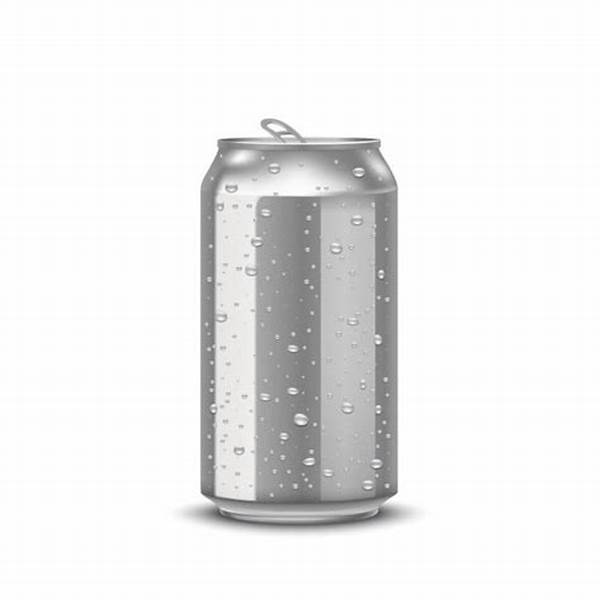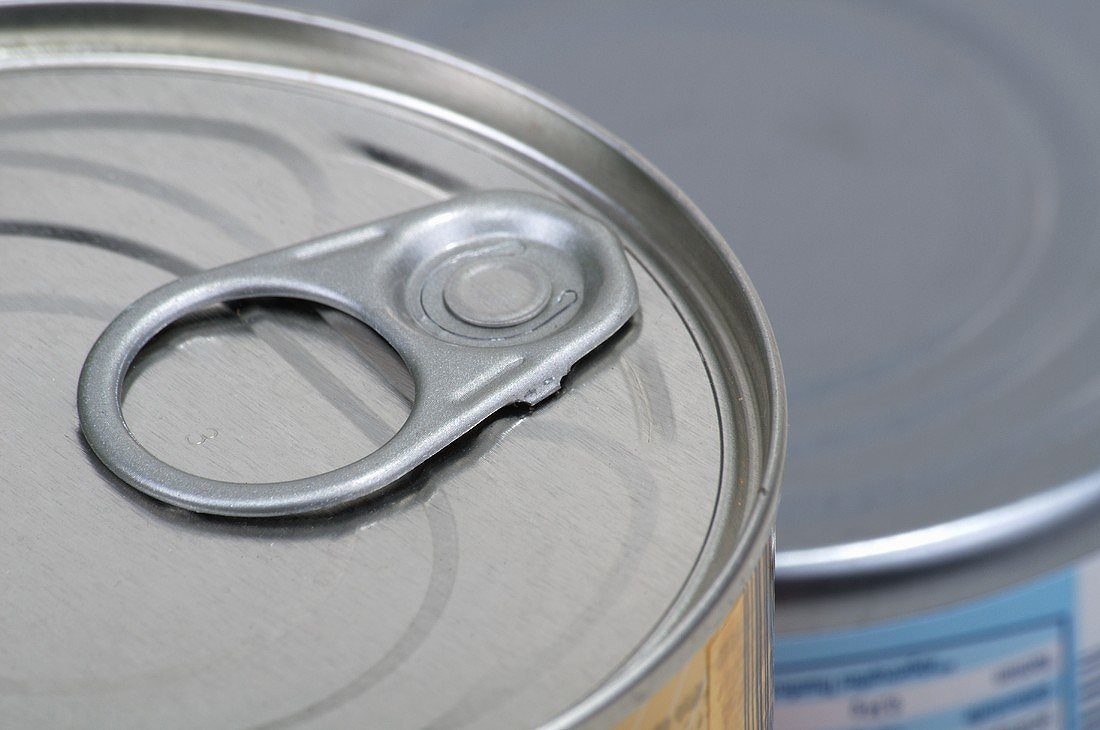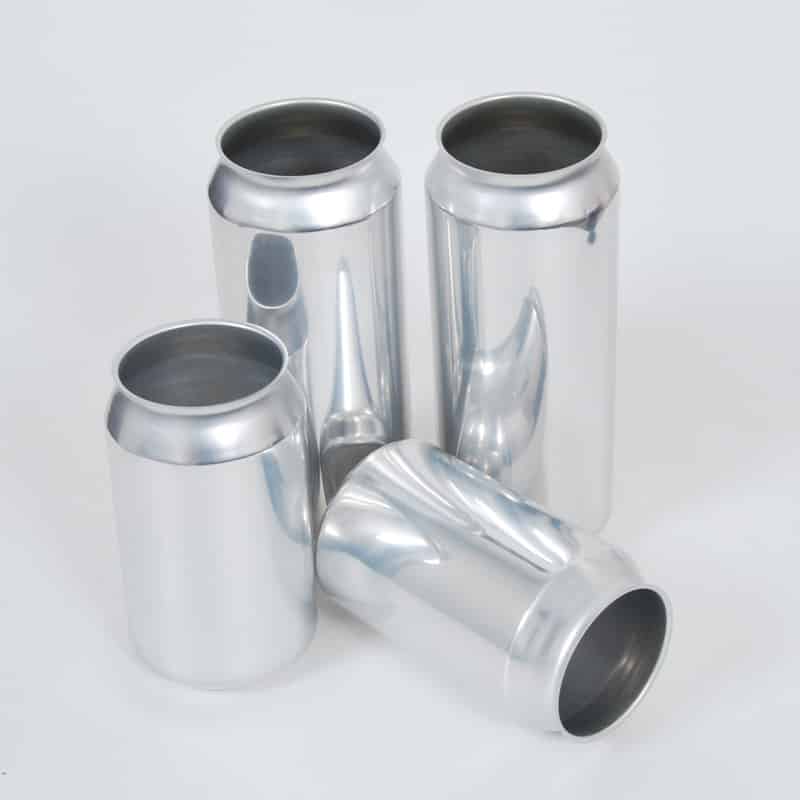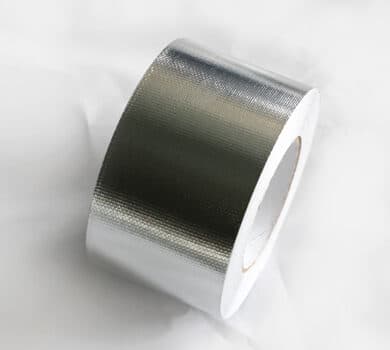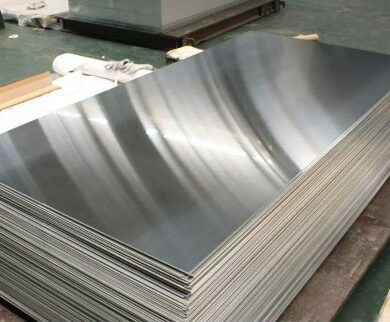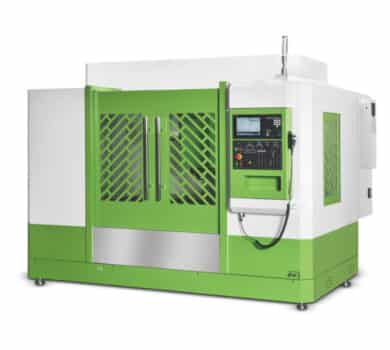The Washington beer association said on April 14 that since the imposition of aluminum tariffs in 2018, the local beverage industry in the United States has spent more than $1.4 billion, and the cost has finally been passed on to producers and consumers.
Jim McGreevy, CEO of the Washington beer association, said in a statement that the quickest way to alleviate the high price burden on American businesses and families is to eliminate tariffs. He added that, especially at present, the United States is facing the dilemma of high costs of natural gas and groceries, and the lifting of aluminum tariffs is very important.
The Washington beer association said that according to the research commissioned by the trade organization, aluminum smelters and rolling mills, including local enterprises, will include tariff factors in pricing when selling to downstream users, regardless of whether their metals need to pay tariffs.
This means that U.S. beer and beverage enterprises and other aluminum application users are being coerced by rising metal prices, pushing up local business costs in the United States, leading to rising commodity prices.
The Washington beer Association believes that the local beverage industry paid an additional US $1.4 billion in tariffs for 7.1 million tons of aluminum between March 2018 and February 2022. However, the survey found that only 8% of this revenue went to the U.S. Treasury, and the rest went to the pockets of North American aluminum producers in the form of “end-user pay tariff”.
Imported raw aluminum and plates (for can making) are indispensable to the U.S. beer industry, and beverage manufacturers face the risk of aluminum pricing. According to Chinalco, more than 74% of the beer production capacity in the United States needs to be packaged in aluminum cans or bottles. In 2020, the American beer industry purchased more than 4.1 million aluminum cans & bottles, which has been the largest single expenditure cost of American beer manufacturers.
